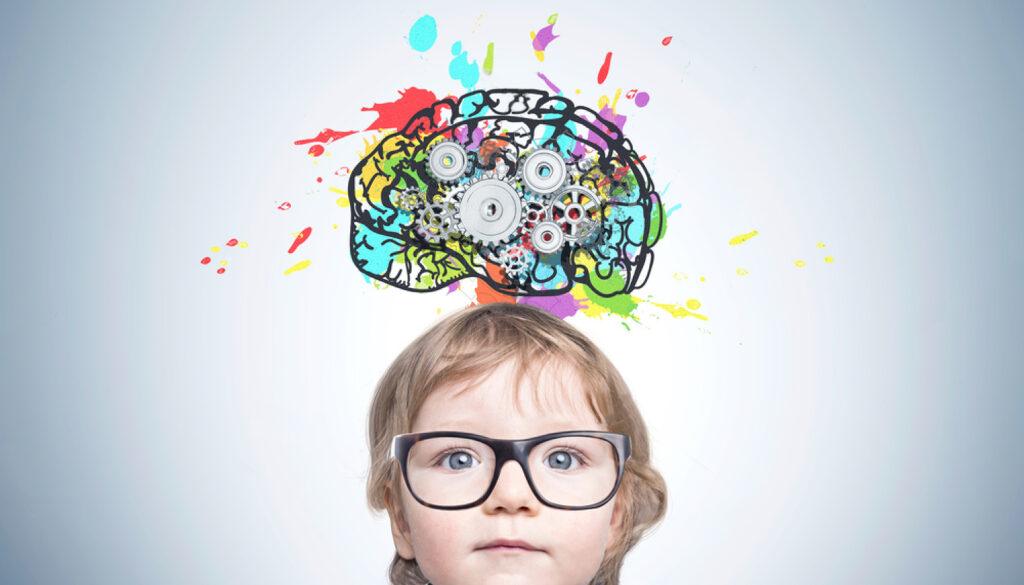Supporting Early Brain Development

Early brain development is extremely important because it lays the foundation for a child’s lifelong physical, emotional, cognitive, and social well-being. The early years, from birth to around age five, are a critical period during which the brain undergoes rapid growth and development.
During the early years, the brain displays a high degree of plasticity, which means it can adapt and change in response to experiences and learning. This period of heightened neural plasticity allows the brain to form new connections and pathways based on the child’s interactions with their environment. Early brain development forms the basis for essential skills such as language development, motor skills, and cognitive abilities. These skills are crucial for success in school and later in life. Early brain development plays a role in the development of emotional regulation and social skills. Children who receive responsive and nurturing care during this period are more likely to develop secure attachments and emotional resilience. The brain’s growth during early childhood forms the basis for problem-solving, critical thinking, and the ability to learn and adapt to new information. A healthy start in early childhood can reduce the risk of chronic health conditions and mental health disorders in adulthood.
Here are some important ways to support early brain development:
Stimulation– Engage children in age-appropriate activities that stimulate their senses and encourage exploration. Simple activities like reading, talking, singing, and playing with toys can help develop language skills, creativity, and problem-solving abilities.
Safe and Loving Environment and Responsive Caregiving– A secure and loving environment is fundamental for a child’s emotional and cognitive development. Emotional bonds with caregivers provide a strong foundation for future relationships and learning. Be responsive to a child’s needs. Responding to their cries and cues helps build trust and emotional security.
Physical Activity– Encourage physical activity and play. Physical activities help develop gross and fine motor skills, which are linked to cognitive development. Playtime also fosters creativity and problem-solving.
Quality Sleep– Adequate sleep is vital for brain development. Establishing a regular sleep schedule and creating a calming bedtime routine can promote healthy sleep patterns.
Social Interaction– Children learn a lot through social interaction. Encourage playdates and group activities where they can interact with peers and develop social skills.
Positive Reinforcement– Use positive reinforcement and praise when children achieve developmental milestones or display positive behavior. This boosts their confidence and motivation to learn.
Reduce Stress– Minimize stressors in the child’s environment as much as possible, as chronic stress can negatively affect brain development. Offer a predictable and stable routine.
Reading– Reading to children from an early age exposes them to language, builds vocabulary, and fosters a love for reading and learning.
Be Patient– Every child develops at their own pace. Be patient and avoid pushing a child beyond their abilities, as this can lead to frustration and hinder their development.





